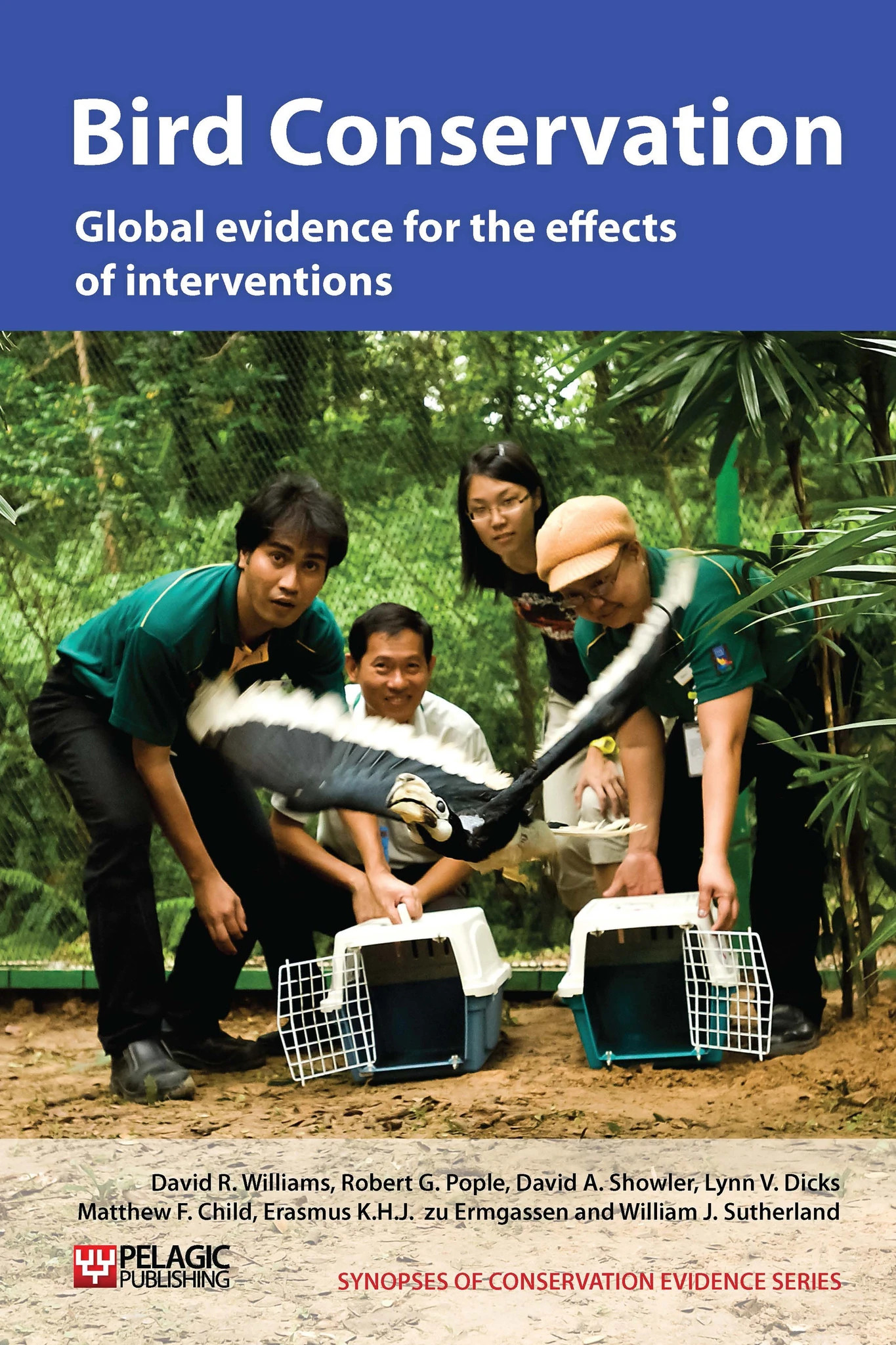Provide food for vultures to reduce mortality from diclofenac
-
Overall effectiveness category Likely to be beneficial
-
Number of studies: 1
View assessment score
Hide assessment score
How is the evidence assessed?
-
Effectiveness
60% -
Certainty
40% -
Harms
0%
Study locations
Supporting evidence from individual studies
A before-and-after trial in 2003-4 (Gilbert et al. 2007) found that daily mortality of oriental white-backed vultures Gyps bengalensis at a colony in Punjab province, Pakistan, was significantly lower during two periods when supplementary food (diclofenac-free donkey carcasses) was provided at a nearby ‘vulture restaurant’, compared to two control periods (0.072 birds/day dying over 111 days when food was provided vs. 0.387 birds/day over 116 days without food). Of the 30 dead vultures examined (eight from supplemented periods), 29 showed signs of diclofenac poisoning. Home range size of three radio-tagged vultures appeared to contract when they discovered the ‘restaurant’ (thus reducing the possibility of contact with diclofenac) but two further tagged vultures did not use the restaurant at all.
Study and other actions tested
Where has this evidence come from?
List of journals searched by synopsis
All the journals searched for all synopses
This Action forms part of the Action Synopsis:
Bird Conservation
Bird Conservation - Published 2013
Bird Synopsis





)_2023.JPG)














